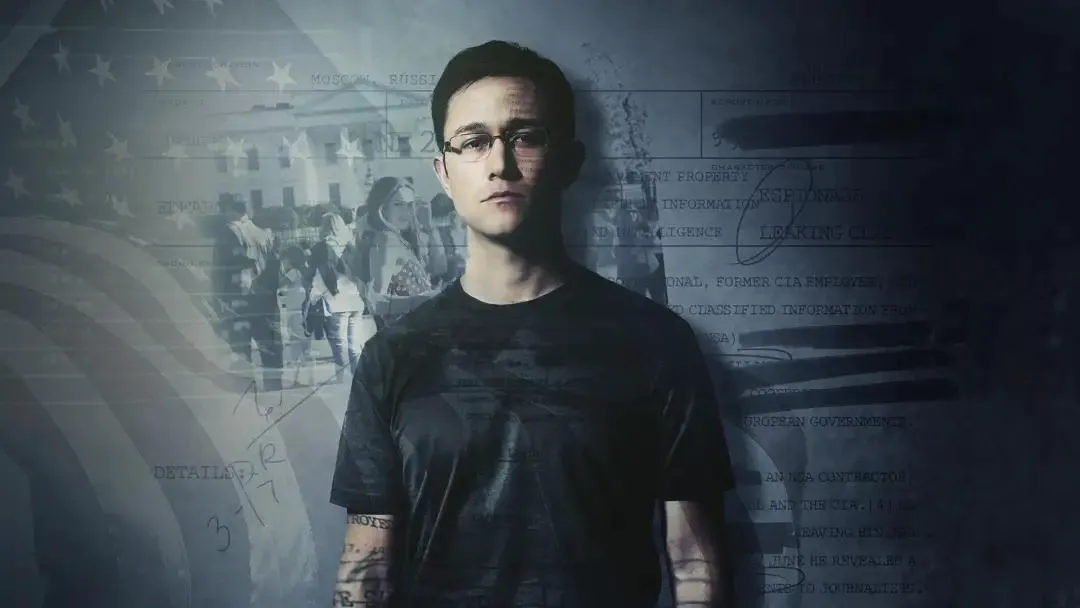An Introduction to Espionage Through Film
Espionage, intelligence gathering, and covert operations have long captured the imagination of filmmakers and audiences alike. This series explores the world of intelligence through the lens of cinema, examining key concepts and ethical dilemmas.
Lecture 1: Introduction to Intelligence
The Good Shepherd (2006)
This film chronicles the life of Edward Wilson (Matt Damon), a fictionalized character inspired by real-life figures involved in the founding of the CIA. Driven by a sense of duty instilled by a childhood tragedy, Wilson is recruited into the Skull and Bones society at Yale in 1939 and subsequently joins the Office of Strategic Services (OSS) during World War II.
As a central figure in the formation of the CIA, Wilson’s experiences in the world of espionage gradually erode his ideals and take a toll on his personal life. The constant deception and moral compromises lead to a strained relationship with his wife, Margaret (Angelina Jolie), and a growing sense of isolation. The Good Shepherd explores the personal sacrifices and moral ambiguities inherent in a life dedicated to national security.
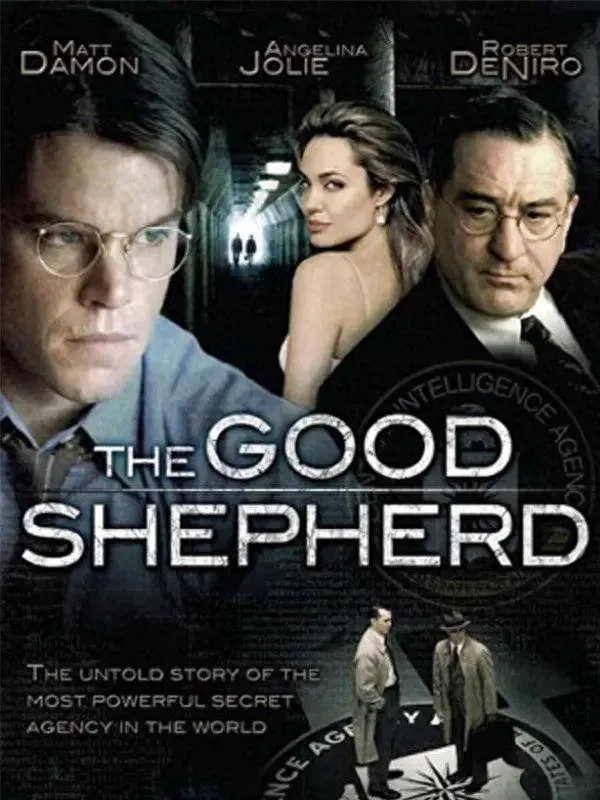
Lecture 2: Intelligence Gathering
The Conversation (1974)
Harry Caul (Gene Hackman) is a surveillance expert who values his privacy above all else. He is hired to record a conversation between a couple in a crowded square. While the recording is technically flawless, Caul struggles to decipher the meaning behind the seemingly innocuous dialogue.
Haunted by a past surveillance job that led to tragic consequences, Caul becomes increasingly paranoid and obsessed with the recording. When the tapes are stolen, he is drawn into a dangerous conspiracy, blurring the lines between observer and participant. The Conversation is a chilling exploration of privacy, paranoia, and the ethical implications of surveillance.
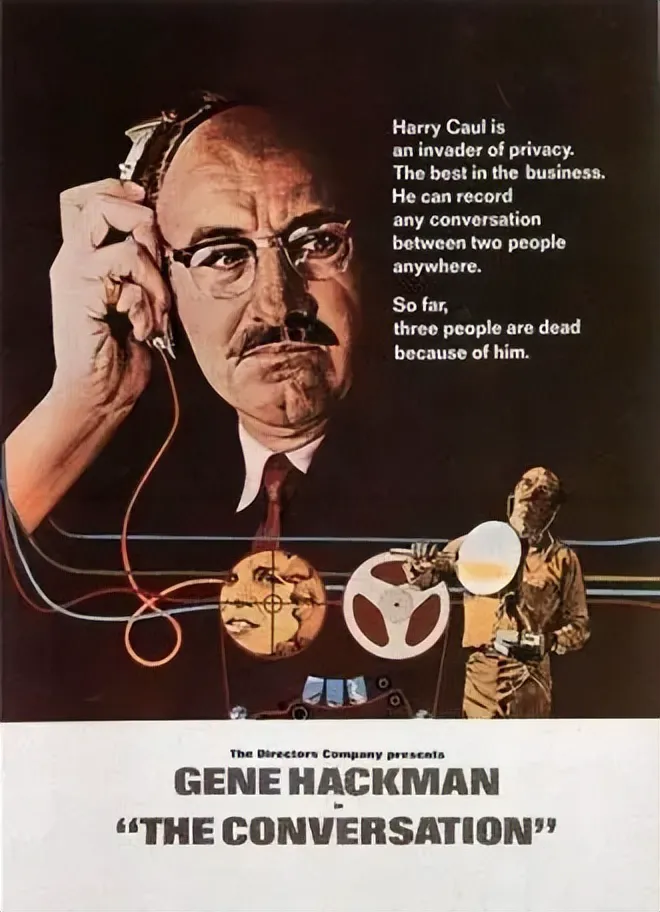
Lecture 3: Intelligence Analysis
Zero Dark Thirty (2012)
Following the September 11th attacks, CIA analyst Maya (Jessica Chastain) dedicates herself to the hunt for Osama bin Laden. Driven by unwavering determination, she navigates the complex world of counterterrorism, facing bureaucratic obstacles and moral dilemmas along the way.
Maya’s relentless pursuit of leads, coupled with her ability to connect seemingly disparate pieces of information, ultimately leads to the raid on bin Laden’s compound in Pakistan. Zero Dark Thirty offers a gripping portrayal of the intelligence analysis process and the sacrifices made in the pursuit of justice.
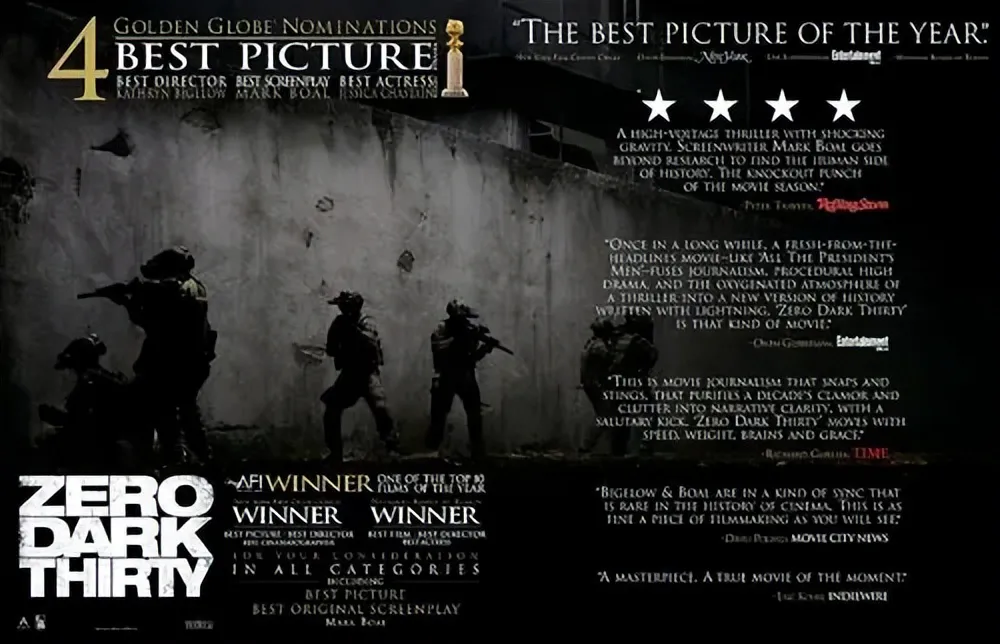
Lecture 4: Espionage and Politics
Thirteen Days (2000)
Thirteen Days recounts the tense events of the Cuban Missile Crisis in October 1962, when the United States and the Soviet Union stood on the brink of nuclear war. Based on recently declassified documents, the film offers a behind-the-scenes look at the political maneuvering and strategic decision-making that took place during those critical thirteen days.
President John F. Kennedy (Bruce Greenwood) and his advisors, including his brother Robert (Steven Culp), grapple with the challenge of responding to the Soviet Union’s deployment of nuclear missiles in Cuba. Told from the perspective of White House aide Kenny O’Donnell (Kevin Costner), the film highlights the immense pressure and the potential consequences of miscalculation during a time of global crisis.
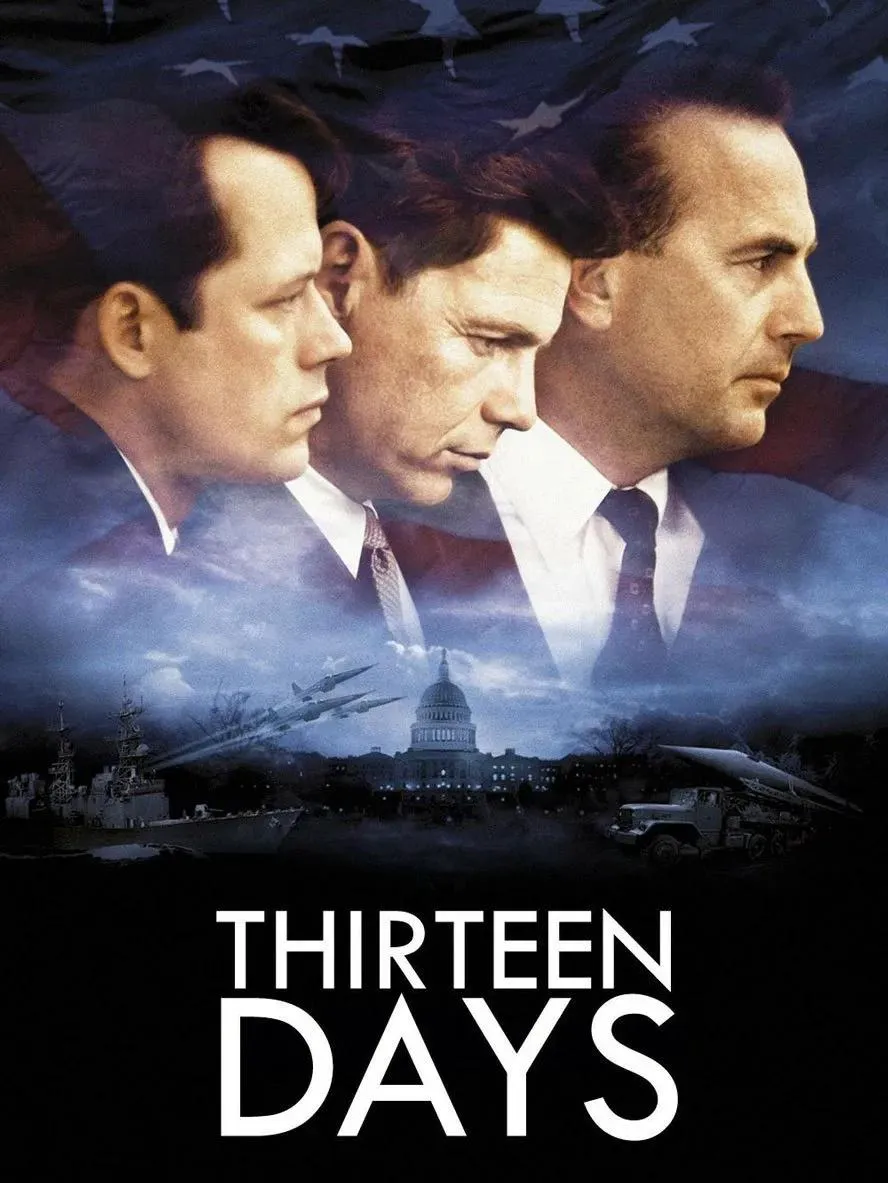
Lecture 5: Counterintelligence
The Breach (2007)
Based on a true story, The Breach follows young FBI agent Eric O’Neill (Ryan Phillippe) as he is assigned to investigate his superior, Robert Hanssen (Chris Cooper), the head of information security at the FBI. Hanssen is suspected of selling classified information to the Soviet Union for over two decades.
As O’Neill delves deeper into the investigation, he begins to question Hanssen’s motives and the evidence against him. He finds himself caught in a web of deception and betrayal, unsure of who to trust. The Breach explores the complexities of counterintelligence and the challenges of uncovering treason within the ranks of a powerful organization.
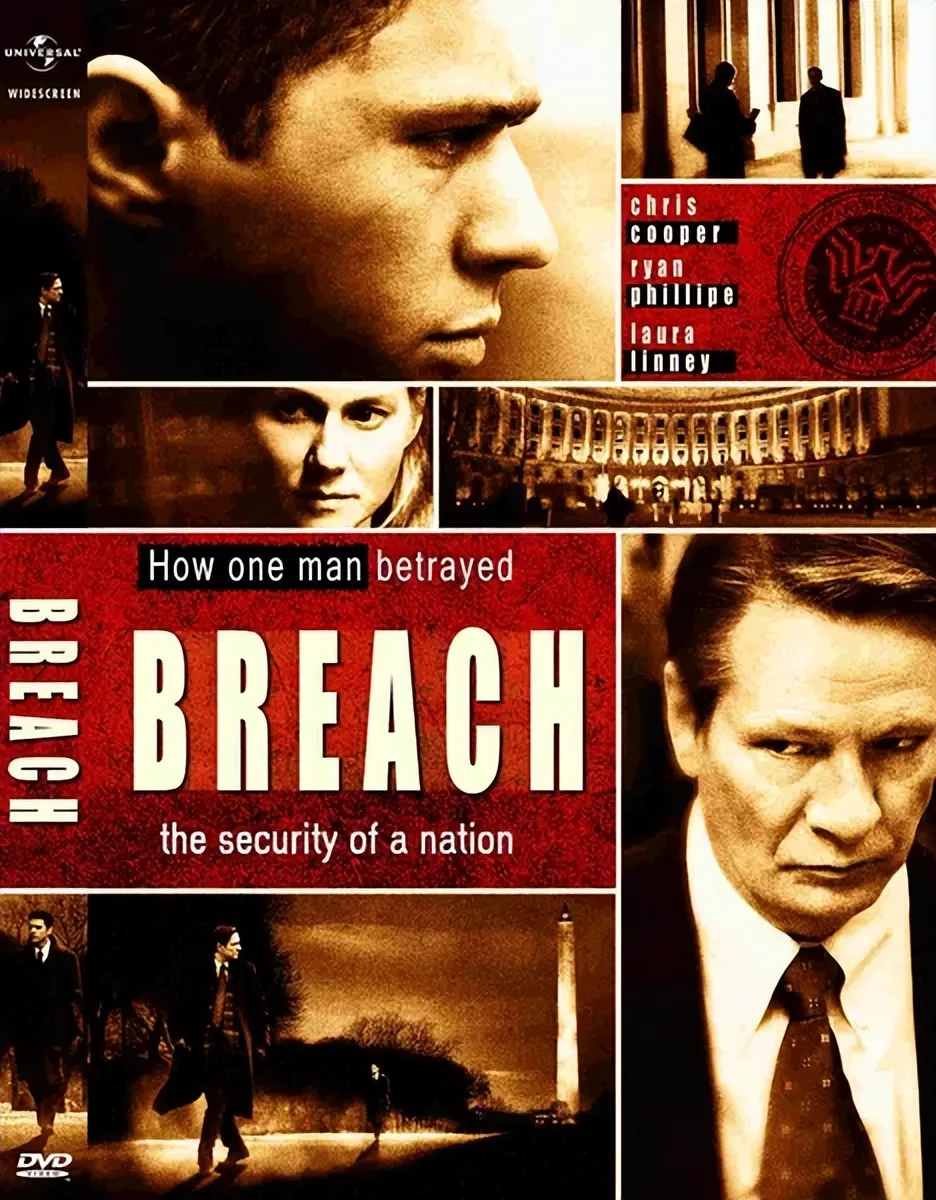
Lecture 6: Covert Operations
Zero Days (2016)
This documentary investigates the Stuxnet worm, a sophisticated piece of malware that targeted Iran’s nuclear program. Zero Days explores the implications of cyber warfare and the potential for such attacks to disrupt critical infrastructure and even trigger armed conflict.
The film raises important questions about the ethics of cyber warfare and the potential for unintended consequences. As governments increasingly rely on cyber weapons, Zero Days serves as a cautionary tale about the dangers of escalating cyber conflict.
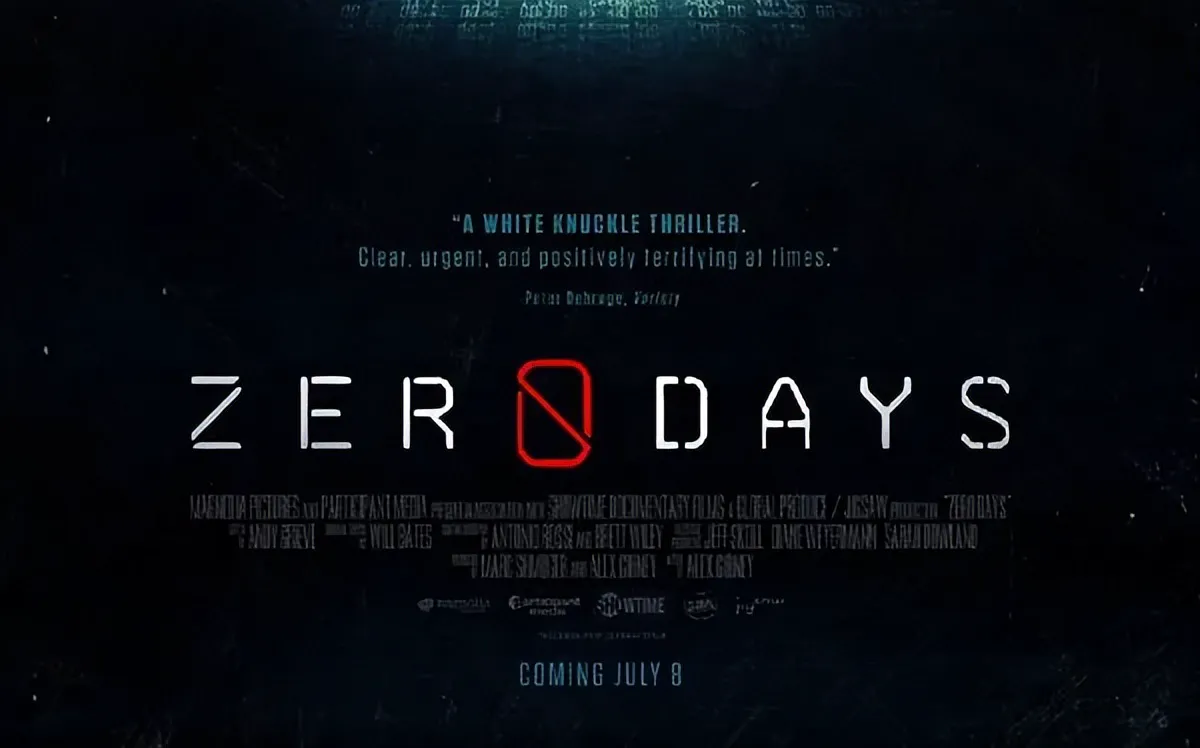
Lecture 7: Unconventional Warfare
The Battle of Algiers (1966)
A powerful and realistic depiction of the Algerian War (1954-1962), The Battle of Algiers focuses on the urban guerrilla warfare waged by the Algerian National Liberation Front (FLN) against the French colonial authorities in Algiers. The film explores the tactics used by both sides, including bombings, assassinations, and torture.
The Battle of Algiers is notable for its documentary-style filmmaking and its unflinching portrayal of the violence and brutality of war. The film remains relevant today as a study of insurgency, counterinsurgency, and the complexities of political conflict.
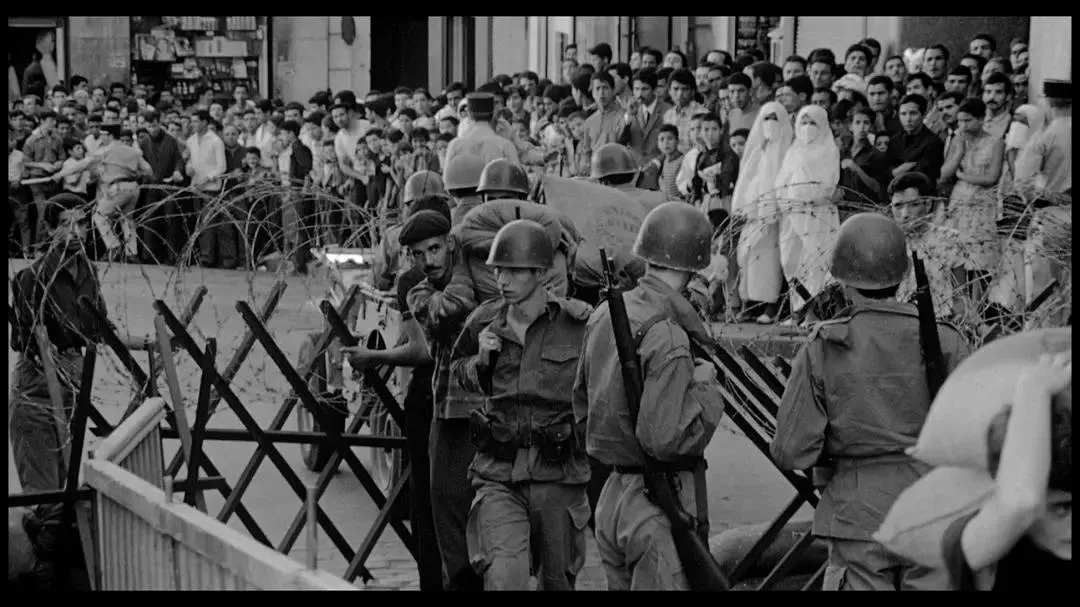
Lecture 8: Counterterrorism Operations
Black Hawk Down (2001)
Based on a true story, Black Hawk Down depicts the events of the Battle of Mogadishu in 1993, when U.S. Army Rangers and Delta Force soldiers were sent to Somalia on a mission to capture key lieutenants of warlord Mohamed Farrah Aidid. The mission quickly went awry when two Black Hawk helicopters were shot down, leaving the soldiers stranded in the heart of the city.
Black Hawk Down is a visceral and intense portrayal of urban combat and the challenges of peacekeeping operations. The film highlights the courage and sacrifice of the soldiers involved, as well as the complexities of operating in a foreign country with a volatile political situation.
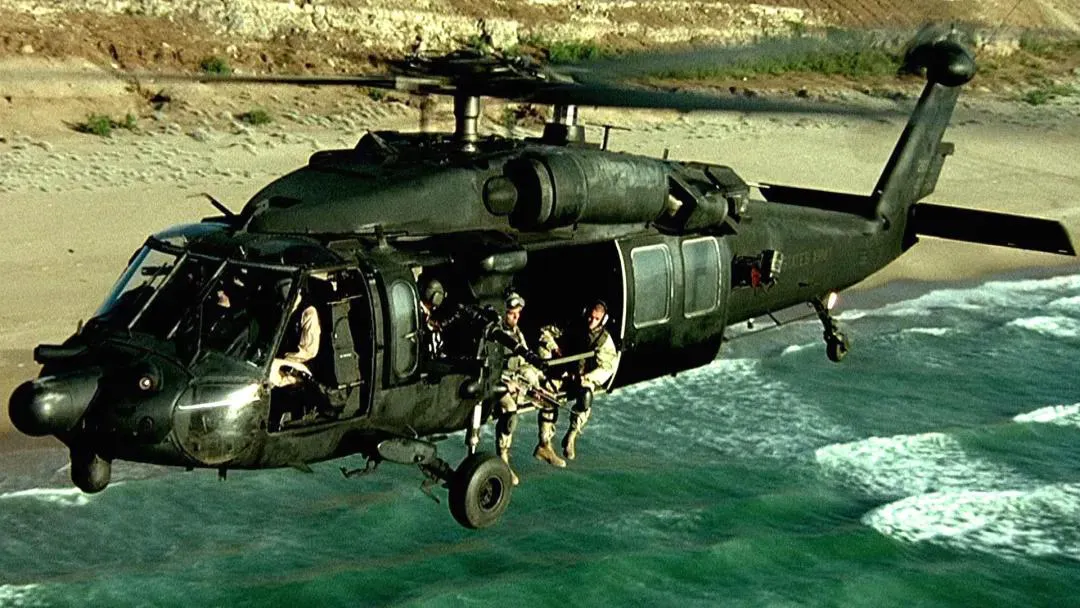
Lecture 9: Unmanned Aerial Vehicles (Drones)
Eye in the Sky (2016)
Eye in the Sky explores the ethical dilemmas of drone warfare. Colonel Katherine Powell (Helen Mirren) is in command of a mission to capture a high-value terrorist target in Nairobi, Kenya. When the target is located in a residential neighborhood, Powell must decide whether to launch a drone strike that could kill innocent civilians.
The film raises difficult questions about the use of drones in warfare, the potential for collateral damage, and the psychological toll on drone operators. Eye in the Sky is a thought-provoking examination of the moral complexities of modern warfare.
Lecture 10: Crisis Management
All Things Ablaze (2014)
This documentary offers a raw and unflinching look at the Euromaidan Revolution in Ukraine. All Things Ablaze captures the chaos and violence of the protests, as well as the motivations and experiences of the people who took to the streets to fight for a better future.
The film explores the complexities of revolution and the challenges of building a new society in the aftermath of conflict. All Things Ablaze is a powerful reminder of the human cost of political upheaval.
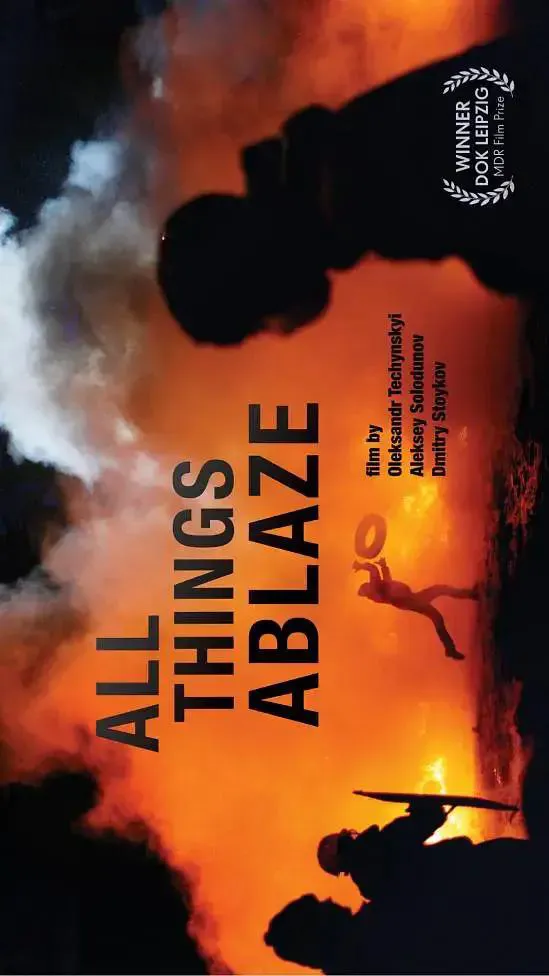
Lecture 11: The Ethics of Espionage
Snowden (2016)
Snowden tells the story of Edward Snowden, a former NSA contractor who leaked classified information about the U.S. government’s mass surveillance programs. The film explores Snowden’s motivations for leaking the documents, as well as the consequences of his actions.
Snowden raises important questions about the balance between national security and individual privacy. The film challenges viewers to consider the ethical implications of government surveillance and the role of whistleblowers in a democratic society.
